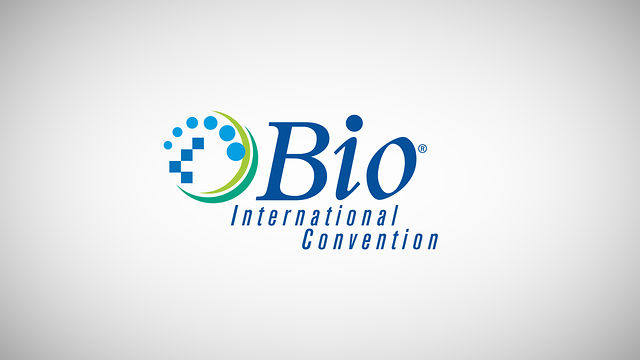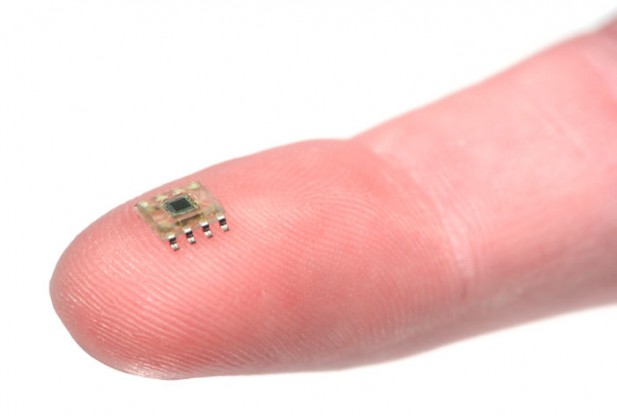
In the TRA360 Regulatory Writing practice, we are always on the lookout for companies that can add value in this space. Bibra Toxicology Advice and Consulting is one such company. They are a small company based in the UK. Bibra provides advice for toxicology during the process of clinical trials.
Bibra’s team of 15 toxicologists has a combined total of over 250 person years of experience in this field. All of their consultants are experts in the field of toxicology. They have completed many engagements for different customers across a broad range of disciplines. What about governmental compliance work? Bibra has a relationship with many governmental regulatory agencies, in the UK and internationally. Recently, their team worked with an unnamed international industrial chemicals manufacturer on compliance work. They worked with them to adhere to the United States Toxic Substances Control Act (TCSA) in collaboration with the Natural Resources Defense Council (NRDC). This compliance work can be found in the Recent Projects section of their website. Their team always meets their deadlines, an essential for success in clinical trials.
If you need toxicology advice for your business be sure to check out Bibra! Let us know how everything turns out @TRA360!



